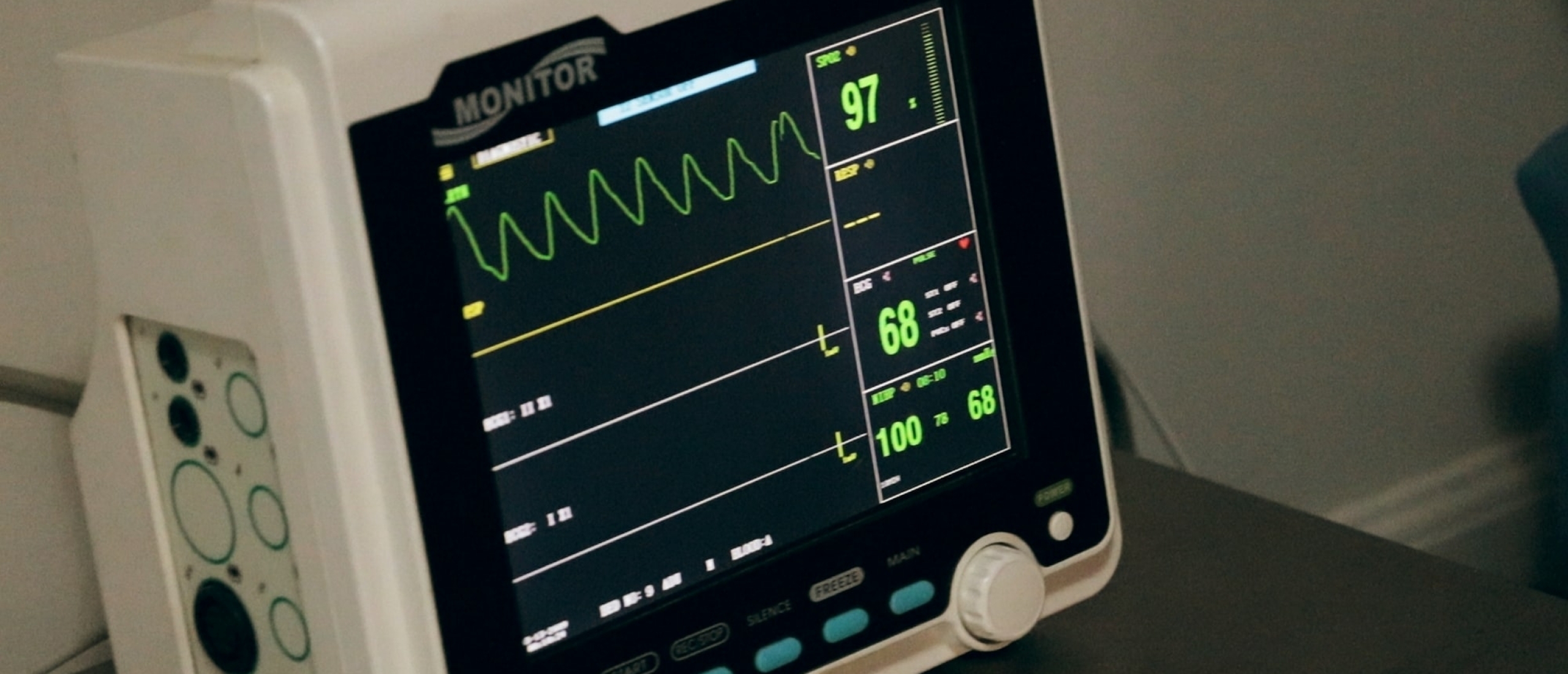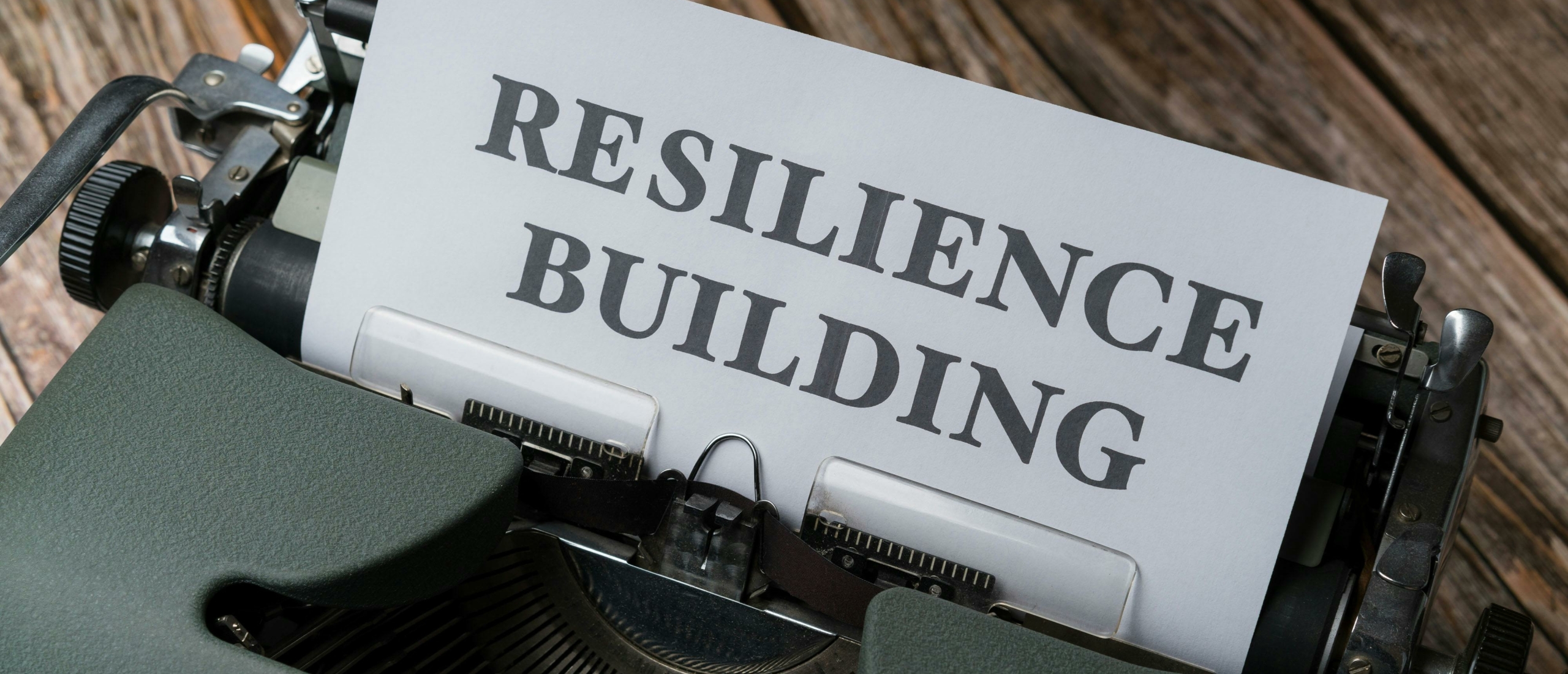
A healthy mind in a healthy body. This old saying holds true when it comes to stress. Scientific research shows that unhealthy lifestyle factors like smoking, poor diet, or lack of sleep can increase your vulnerability to stress and make it harder to recover. In contrast, healthy daily habits build resilience and reduce your risk for stress-related health problems.
What Is an Unhealthy Lifestyle?
An unhealthy lifestyle is a pattern of behaviors that undermine your physical or mental health. These habits increase your body’s allostatic load — the effort it takes to adapt to change and restore balance. Common signs of an unhealthy lifestyle include:
- Smoking
- Poor diet (e.g. high in sugar or saturated fat)
- Excessive alcohol use
- Lack of physical activity
- Sedentary behavior (too much sitting)
- Inadequate sleep
- Ignoring early signs of illness or emotional strain
- Risk-taking behaviors (e.g. reckless driving, unsafe sex)
- Chronic stress coping through avoidance or substance use
Even one of these lifestyle factors can weaken your resilience and put your body closer to its physiological limits. This makes you more sensitive to stress, and slows recovery.
Lifestyle and Stress: Understanding the Link
To understand why lifestyle affects stress levels, it helps to explore two core concepts: homeostasis and allostasis.
- Homeostasis is your body’s natural balance — when systems like your immune response, hormones, and brain activity are functioning optimally.
- Allostasis is your body’s process of adapting to stress by mobilizing energy and resources to handle challenges.
When stressors arise (such as illness, conflict, or financial pressure), your body must work harder to maintain balance. This effort is called allostatic load. A healthy lifestyle helps keep your equilibrium (homeostasis) strong, so your body can cope with stress without becoming overwhelmed. But if your lifestyle already brings you close to your physiological limits, even small stressors can tip the scale, so that you enter more easily in a condition of chronic stress and are at risk of developing illness.
An Example: Smoking and Stress
Smoking is often used as a stress-reliever — but it backfires. Nicotine raises your heart rate and blood pressure, making your cardiovascular system work harder. Your lungs also need to compensate for the reduced oxygen. These changes move your body away from homeostasis, even before any external stress occurs.
When a stressful situation arises, smokers experience stronger stress hormone spikes (such as cortisol) than non-smokers. The added strain can trigger anxiety, worsen sleep, and increase the risk of illness. Far from being a stress solution, smoking amplifies the physiological burden your body has to carry.
When Work Fuels an Unhealthy Lifestyle
Research has shown that stressful working conditions can directly lead to unhealthy lifestyle habits.
In a large study of 1,500 healthcare workers in U.S. nursing homes, those exposed to job stressors like low control, heavy workload, or lack of support were more likely to:
- Smoke
- Be physically inactive
- Struggle with weight management
Another study found that high job demands and low control left little time for healthy meals, leading to fast eating, skipped meals, or overeating. This shows how chronic work stress can fuel poor lifestyle choices, creating a cycle where stress leads to unhealthy habits — which in turn make stress worse.
The Vicious Cycle: Lifestyle, Stress, and Health
If your lifestyle habits are undermining your health, your body has less room to adapt to stress. This creates a cycle of vulnerability:
- Unhealthy lifestyle increases your baseline allostatic load.
- Stressors (big or small) push your body past its limits.
- Stress responses intensify, with higher cortisol, inflammation, and fatigue.
- Recovery slows, or doesn’t happen — and health declines over time.
In the long term, this can lead to serious problems like cardiovascular disease, depression, anxiety, or burnout.
Breaking the Cycle: Build Healthy Habits That Reduce Stress
To lower your vulnerability to stress and improve recovery, consider focusing on small, positive changes:
- Get regular physical activity — even short walks reduce stress hormones.
- Prioritize sleep — aim for 7–9 hours per night.
- Eat a balanced diet — with whole foods, vegetables, and less sugar.
- Limit smoking, alcohol, and excessive screen time.
- Practice relaxation techniques — such as deep breathing or mindfulness.
- Create time for enjoyable, restorative activities.
These lifestyle factors may seem simple, but they have powerful effects on your brain, hormones, immune system, and emotional regulation. Over time, they build a strong foundation for stress resilience.
Why Healthy Habits Are Your Best Defense Against Stress
Your lifestyle doesn’t just affect your physical health — it shapes how you experience and respond to stress. A healthy routine helps your body stay in balance, improves recovery from challenges, and builds long-term resilience. By making small but consistent changes, you reduce your allostatic load and protect yourself from the harmful effects of chronic stress.











